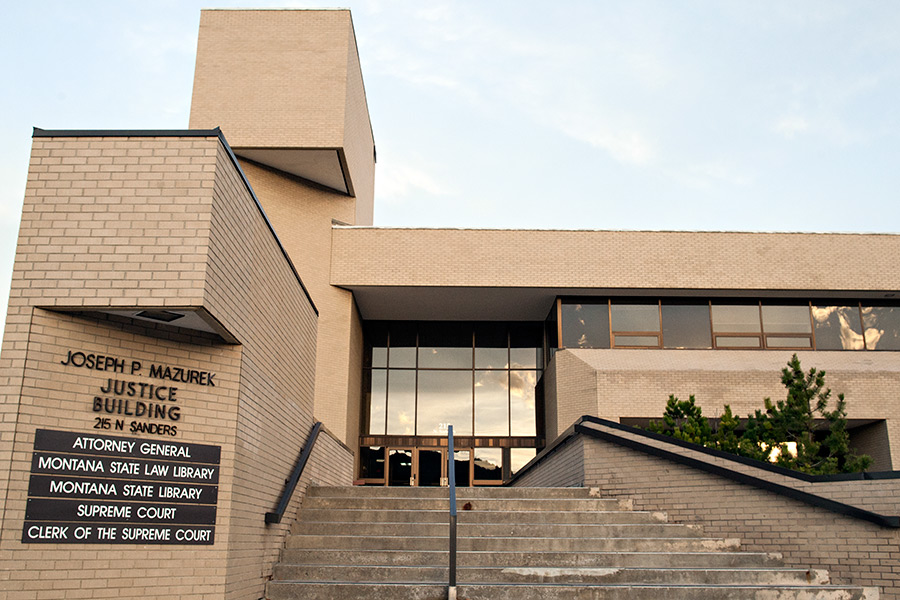The Montana Supreme Court Access to Justice Commission has released a report stemming from a series of public forums held last year on education and access relating to civil legal matters.
According to the report, published Dec. 28, many low- to moderate-income Montanans, of which there are 182,000 in the state, often do not know the civil legal system, their rights within it, or how to access the available resources designed to help them. The report also noted the resources for such populations are usually stretched beyond their limits.
Forum “listening” meetings were held in Kalispell, Great Falls, Billings, Missoula, Butte, Bozeman, and Helena between October 2015 and October 2016. During these sessions, a listening panel comprised of representatives from the Montana Supreme Court, Access to Justice Commission, Legislature, Governor’s Office, and Montana’s American Indian tribes, as well as local judges, local community service providers, and the Montana Bar Association.
Presenting the comments were representatives from the Montana Legal Services Association, Montana Justice Foundation, Montana AAA Legal Services, local judges and court staff, domestic violence shelters, health care providers, American Indian communities, programs for the disabled and the elderly, military and veterans’ organizations, and youth advocates.
The panel found that low- to moderate-income Montanans most often face legal crises stemming from housing problems, custody disputes, domestic violence, and debt collection. These issues are often compounded with other complicating factors, the report said, such as mental illness or diminished capacity, substance abuse, physical disabilities, threats to safety, and child care. Many of these issues are intersectional, meaning they affect and intensify the other.
Many Montanans don’t realize, for instance, that they don’t have the right to an appointed attorney while facing civil issues. They can be evicted, lose custody of their children, or lose their home without ever having the right to an attorney.
“Addressing a civil legal crisis without the help of an attorney can be overwhelming,” the report stated, going on to say that this challenge, added on top of others, leads to a fear of the legal system for many people.
Some statewide programs are working, the report noted, such as the Montana Legal Services Association and the Court Help Centers, of which there are six in the state. The Aging Services Bureau’s Legal Services Developer and Montana AAA Legal Services, as well as university-based legal programs, also performed well for their clients.
However, even glowing reviews for these programs came with the acknowledgment that they lack the capacity to address the sheer need in the state.
Public comment to the listening panel detailed the need for not just volunteers in these programs, but dedicated, full-time legal aid staff to ensure that all Montanans have meaningful access to quality services. There is also a need for more lawyers able to give legal advice in civil matters — the Court Help program gives information but not legal advice, for instance.
There’s also a need for more holistic solutions to the problem, those that could address the interconnected nature of civil and criminal problems.
Forum participants made suggestions on how to fix the problems, including alternative dispute resolution, a specialty court for domestic violence issues, and securing and privatizing funding for civil legal aid.
The Access to Justice Commission concluded that there needs to be a statewide inventory of services and programs available in each region, and a means for making this inventory known in those regions. Along with the inventory, the commission said there should be a means for linking Montanans with legal problems to the programs and service providers.
The commission also determined that more education is needed regarding the relationship between civil legal needs and health outcomes, housing security, school attendance, a productive workforce, transition for returning veterans, community re-entry for offenders, and the protection of seniors.
Finally, the commission concluded that secure, sustainable funding is necessary to achieve an effective continuum of services.
The full report is available online at www.courts.mt.gov.
